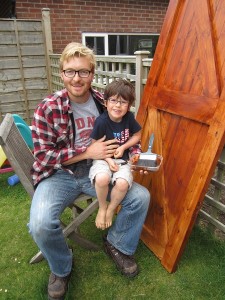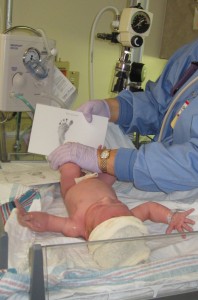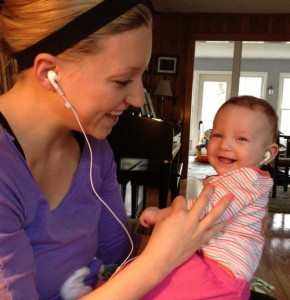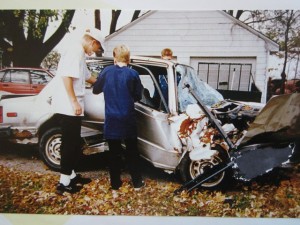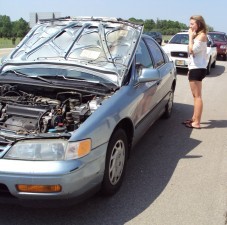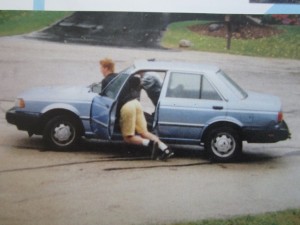 The day Hans met Katy, he had no way of knowing how radically his life was about to change. In the 7½ years since then, he’s moved to England, been embraced by a British family he hadn’t known before, married their daughter, put down roots in a town in north England, and fathered 4 lively children. In less than a decade his life has changed in every category. Had he been given the details ahead of time, he wouldn’t have believed it.
The day Hans met Katy, he had no way of knowing how radically his life was about to change. In the 7½ years since then, he’s moved to England, been embraced by a British family he hadn’t known before, married their daughter, put down roots in a town in north England, and fathered 4 lively children. In less than a decade his life has changed in every category. Had he been given the details ahead of time, he wouldn’t have believed it.
During these years, Hans has loved learning to cook, to fix broken things, to bathe and read to children, to preach sermons, to wash dishes, to teach percussion, and a wide variety of other things. And this 30 year old guy is a happy man.
Hans didn’t always walk closely with God, having several years of “crazy” in his past. But when he finally gave his life over to the Lord for his purposes, a world of satisfaction and joy became his. Today he’s a walking, talking example of Luke 6:38:
“Give, and you will receive. Your gift will return to you in full — pressed down, shaken together to make room for more, running over, and poured into your lap. The amount you give will determine the amount you get back.”
Who wouldn’t want God’s blessings “pressed down, shaken together, and running over?”
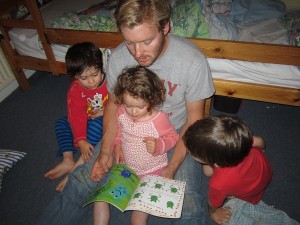 The way to get that is in the first word: “Give… and you will receive.” Give first. If I had to summarize Hans’ life in one word, it would be “giver”. From waking at 5:30 AM to give the best hour of every day to his Lord, until he and Katy fall into bed expecting to give to children during the night, Hans is a giver. What motivates him?
The way to get that is in the first word: “Give… and you will receive.” Give first. If I had to summarize Hans’ life in one word, it would be “giver”. From waking at 5:30 AM to give the best hour of every day to his Lord, until he and Katy fall into bed expecting to give to children during the night, Hans is a giver. What motivates him?
There was nothing unusual about Hans in his growing-up years, and as his mom, I can’t point to anything I did to contribute to his success story. If his father was here, he’d say the same. What, then, set him up for the satisfaction and joy he’s experiencing?
I decided to ask him tonight, and here’s what he said: “Discovering the Gospel continues to change everything for me. My identity is in Christ, and it’s essential to know who you are, and to be at peace. I’m forgiven by God and adopted into His family by the grace of Jesus Christ. Also, knowing that the Holy Spirit is keeping me gives me confidence, even when circumstances are difficult – which they often are.”
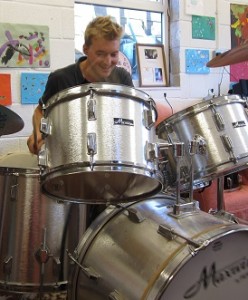 Hans is an example of how lavishly the Lord is willing to bless anyone who is fully submitted to him, not necessarily with money or possessions but with abundant satisfaction and joy. And the good news is, God will do it for any of us.
Hans is an example of how lavishly the Lord is willing to bless anyone who is fully submitted to him, not necessarily with money or possessions but with abundant satisfaction and joy. And the good news is, God will do it for any of us.
One of Hans’ favorite verses: “I have been crucified with Christ. It is no longer I who live, but Christ who lives in me. And the life I now live in the flesh I live by faith in the Son of God, who loved me and gave himself for me.” (Galatians 2:20)

